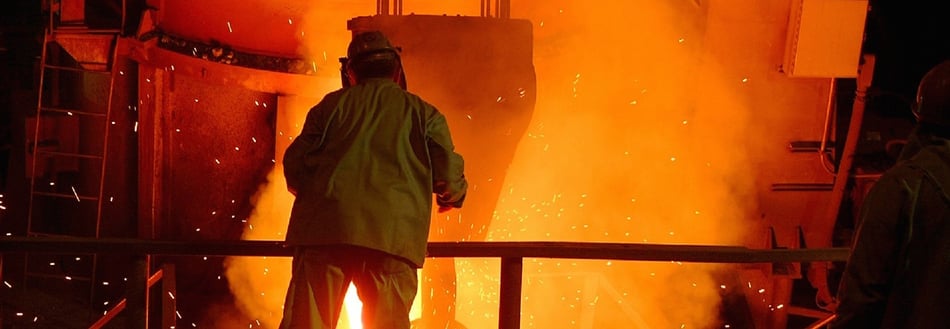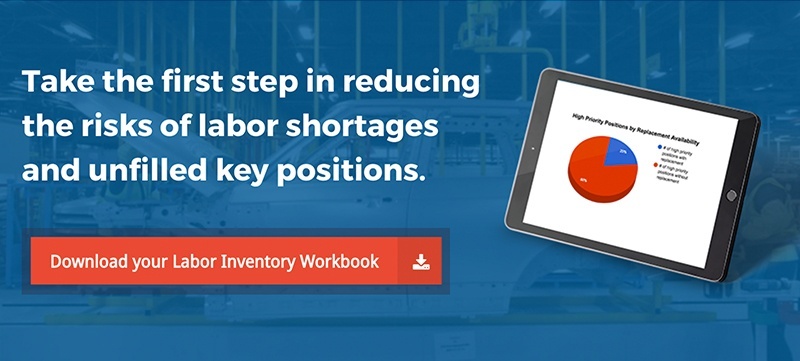As the paradigm of work in the United States is changing, it's up to employers and employees to adapt in order to fully benefit from this transformation.
For its part, corporate America has had very little trouble adjusting. It's becoming pretty well understood among CEOs and hiring managers that in the modern era, contract staffing is not only acceptable as a way of doing business, but a high value tool to drive growth and reduce risk. Since it's no longer necessary to hire all of your workers on a permanent, full-time basis, the business can be more agile and resilient by hiring contractors from month to month, filling specific key roles and providing temporary support to fill in staffing gaps due to labor shortages.
But what about the flip side of that coin? Companies are adjusting to the new situation, but how are the American people feeling about their move toward becoming a contingent workforce?
According to Forbes, the labor side has had an active role in this movement as well. Andrew Karpie, research analyst at Azul Partners/Spend Matters, said “that with help from both people and their employers,” he expects “the workplace as we know it to be completely transformed” by the year 2025.
Redefining The Word "Job"
Having "a job" used to mean securing a full-time position with a company that an employee would remain at for his or her working career, maintaining a steady or predictable stream of income. The definition of the term is changing, and people are now more amenable to simply holding down gigs from time to time.
Now with the emergence of the Gig Economy, "the big shift that we're seeing is the dissipation of the industrial employment labor economy and standardized forms of work arrangements," Karpie told Forbes. "What we're seeing now is that technology is making it more and more possible support other types of work arrangements."
American business is transitioning from an economy built on stability and predictability to one that's increasingly labeled a "freelance economy." Full-time jobs aren't going away completely, but people's expectations are certainly changing to an extent that today’s millennial worker entering the workforce is expecting to work in many different roles at multiple companies over the course of their job lives.
Workers Today Are Adapting
This is a pretty jarring change, considering how long Americans have relied on full-time work, but perhaps not surprisingly, they're adapting pretty well. It's a matter of being ready to learn new skills on a lifelong basis and adapt quickly to changes in the labor marketplace.
"Understand that you need to acquire skills, know-how, etc., that will be relevant and valuable in the economy that is evolving," Karpie advised the employees of tomorrow. "Also keep in mind that the labor marketplace continues to become more fluid, meaning work requirements change more quickly, and so do 'jobs.'
As hockey great Wayne Gretzky once said, “I skate to where the puck is going to be, not to where it has been.” Which means that workers will need to become more proactive about recognizing skills gaps and labor shortages and responding quickly.
Rethinking Labor and Business Continuity
On the corporate side of this dynamic, these changes make for an interesting challenge in terms of business continuity management. Executives, just like their employees, will require the agility to adjust to staffing needs on the fly, which is a good thing especially in today’s lean manufacturing and global supply chain environments.
Staying ahead of the curve is a challenge, and the end result is a new agile workplace in which organizations are quicker, smarter and more adaptable, and therefore more profitable as a result.








Comments
Currently, there are no comments. Be the first to post one!